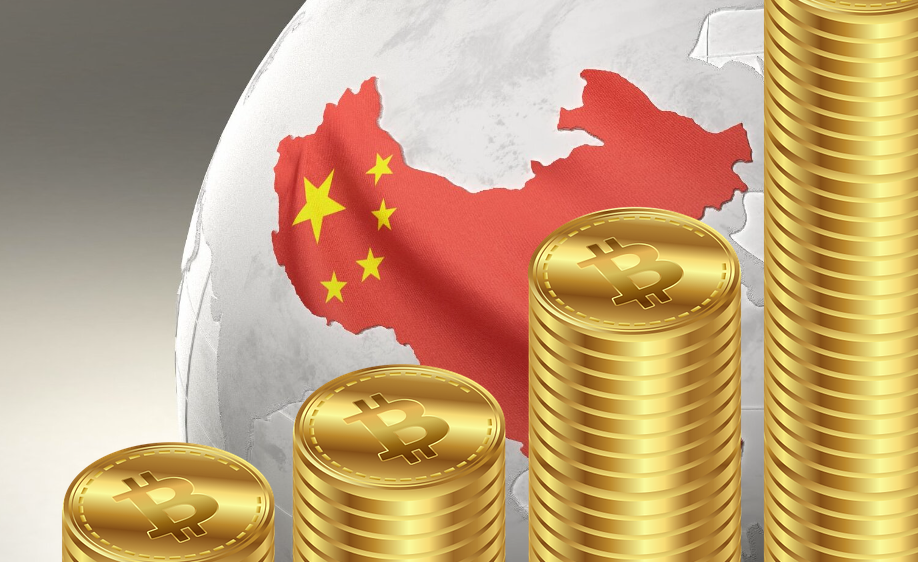$CVX $USOIL $PTR
#China #Venezuela #CrudeOil #USsanctions #Chevron #PDVSA #Tariffs #GlobalTrade #EnergyMarket #OilExports #EconomicSanctions #Diluent
China’s role as a pivotal market for Venezuela’s crude oil exports is becoming increasingly critical, especially as the country faces escalating sanctions from the United States. These measures are aimed at crippling the Latin American nation’s primary revenue source, pushing its oil sector to the brink of isolation on the global stage. The tightening web of sanctions is designed to curtail Venezuela’s oil transactions worldwide, compelling companies operating within its borders to cease their operations. However, with a recent extension granted to Chevron, allowing it to delay the cessation of its Venezuelan operations until May 27, Venezuela finds a temporary reprieve. This move comes amidst the imposition of a 25% tariff by the Trump administration on nations that persist in acquiring oil from PDVSA, Venezuela’s state-owned oil entity, further straining any attempts by PDVSA to maintain its oil export levels.
The significance of Chevron’s presence in Venezuela cannot be overstated. As one of the few remaining lifelines for the Venezuelan oil industry, Chevron plays a critical role in enhancing the availability of diluent, a vital component necessary for the processing and transportation of Venezuela’s heavy crude oil. This support is particularly crucial now as the noose of economic sanctions tightens, threatening to cut off Venezuela’s access to essential resources needed for oil production and export. Without Chevron’s involvement, Venezuela’s oil export capabilities would face immediate and severe challenges, rendering the prospect of surviving the sanctions far more daunting.
China’s emergence as Venezuela’s primary, if not last, market for crude oil exports is reflective of the shifting dynamics in global alliances and trade partnerships. As traditional markets become inaccessible due to compliance with U.S. sanctions, Venezuela is compelled to pivot towards China, which has shown a willingness to engage economically with nations ostracized by the West. This pivot is not merely a matter of necessity but also a strategic alignment with a country capable of providing a stable demand for oil, alongside political support against U.S. pressures. The Chinese market offers Venezuela a crucial economic lifeline, enabling it to sustain its oil revenue amidst tightening sanctions.
The broader implications of this dynamic are profound, highlighting a growing trend of economic and political balkanization in response to unilateral sanctions. As countries like Venezuela seek out alternative markets and alliances to circumvent such barriers, the effectiveness and unilateral nature of U.S. sanctions are called into question. While intended to exert pressure on the Maduro regime for political and humanitarian reasons, the sanctions also prompt a closer examination of their impact on global trade networks, energy markets, and international diplomatic relations. This situation underscores the intricate interplay between national interests, global economics, and the pursuit of geopolitical strategies, with energy resources as the pivotal element driving these complex relationships.






Comments are closed.